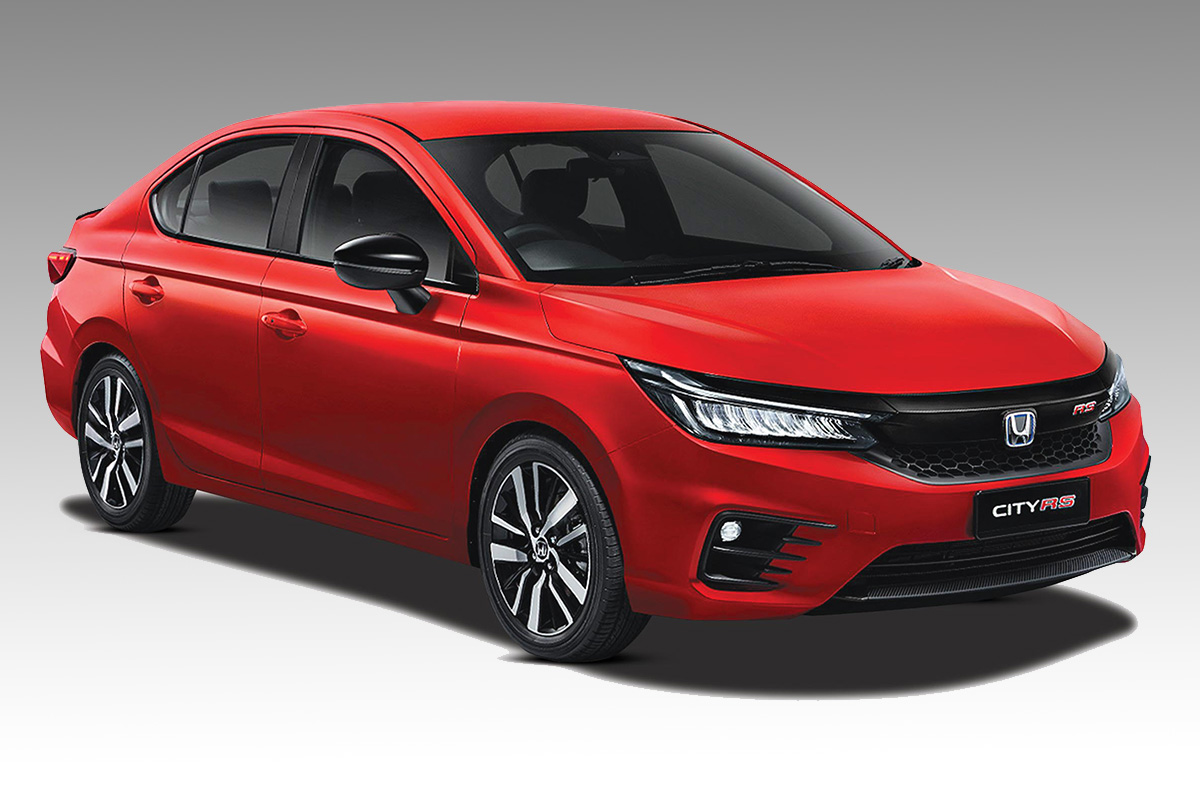
Coming to a showroom near you somewhere in 2022 is the super-efficient Honda City Hybrid. The company has confirmed its plans to launch the model here. “We will be launching the (City) hybrid in the next financial year,” Rajesh Goel, senior vice president Honda Cars India told us.
While the Honda City Hybrid hasn’t been tested on our roads yet, we can equate fuel-efficiency figures obtained in other markets, and arrive at a rough back-of-the-envelope calculation. The Honda City Hybrid delivers an impressive 27.7kpl under test conditions in Malaysia (27.8kpl in Thailand). Expect a similar figure for India as both test cycles are very similar.
To get a more realistic picture, we however need to equate this with some of our real-world figures. For reference, the Honda City 1.5 petrol mated to a CVT delivers 12kpl under Autocar India’s city test cycle. So, equate the City Hybrid and the City running under our cycle and we get an approximate real-world figure of between 17 and 19 kpl for the City Hybrid. This could make it one of the most efficient cars in India.
The City Hybrid is likely to be the first well-specified ‘mass market’ hybrid to go on sale in India. Capable of delivering a big jump in fuel economy, it is a fuel-saving device par excellence.
The system consists of a 1.5-litre petrol engine that runs a more efficient ‘Atkinson cycle.’ Power from the combustion engine stands at 98hp. A further 109hp comes from the electric motors. Maximum combined power (though not specified) isn’t the sum of the two. Max torque, however, is mentioned, standing at 253Nm, even though the engine makes 127Nm and electric motor 253Nm. The increase in overall power makes it a good half-second faster to 100kph than the regular 1.5 City.
Like all hybrids, the City saves energy while decelerating and by winding back otherwise wasted energy via an electric generator. In the City Hybrid, a large pancake-type electric generator and electric motor are sandwiched together and attached to the end of the engine. As the engine turns the generator, it also powers the electric motor, which in turn spins the wheels and/or sends electricity to the lithium ion battery in the boot.
To increase levels of efficiency, Honda has ditched the transmission altogether, and it has disconnected the engine from the wheels as well. So the wheels can be going at one speed and the engine at another, when it needs to charge the battery.
What the car has also been programmed to do is keep the engine operating at its peak efficiency, somewhere around 2,000rpm. This is important because by the time the engine reaches 4,000rpm, it could be using twice as much fuel.
Interestingly, 95 percent of the energy saved as electricity in a hybrid is re-deployed to the wheels. In contrast, even the more efficient petrol engines only manage 40 percent efficiency.
The Honda City Hybrid, with its extra hardware, is around 110kg heavier than the regular City. To accommodate the largish battery in the boot, there’s no spare tyre, just a repair kit. And boot capacity is down from 506 litres to 410. Honda in India, however, would do well to provide a space saver, especially considering how often tyres get sidewall cuts in our conditions.
Since the City Hybrid also has 160 percent more torque, Honda has also equipped it with rear disc brakes. And on the hybrid you get an electric parking brake. Like most hybrids with a battery in the boot, there’s also a vent for the battery pack between the right rear door and the back rest.
The Honda City Hybrid in markets like Thailand and Malaysia is also sold in sporty RS trim, and this could be what Honda does here too. This could make it look more upmarket and justify the higher price. The RS in these markets also gets ADAS radar based safety systems and remote engine start, that you can execute from the key fob.
The Honda City Hybrid will be more expensive for sure. While the car will be assembled in India, many of the components that make up the hybrid system will be imported, attracting duty and correspondingly higher taxes. With top of the line petrol Honda City selling for around Rs 15 lakh, expect the Hybrid to be priced at between Rs 17.5 and 19 lakh, depending on spec and extra equipment loaded onto the car. Question is, will the City Hybrid be efficient enough to offset the difference in price? And will customers be willing to sign on the dotted line for a near-Rs 20 lakh Honda City?
Also see:
Honda City long term review, third report
Honda confirms new India-focused SUV
2021 Honda Amaze facelift launched at Rs 6.32 lakh
Comments
Post a Comment